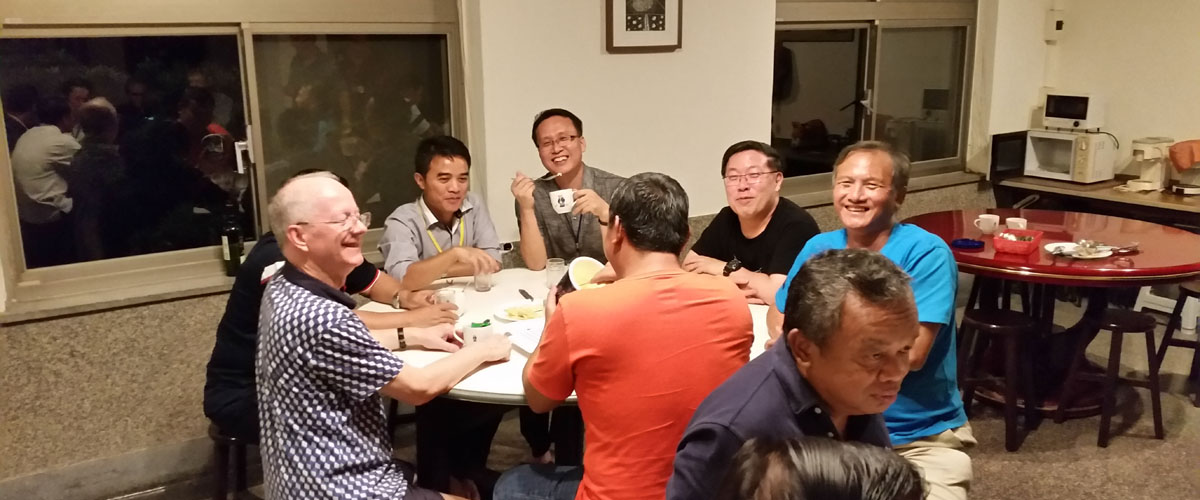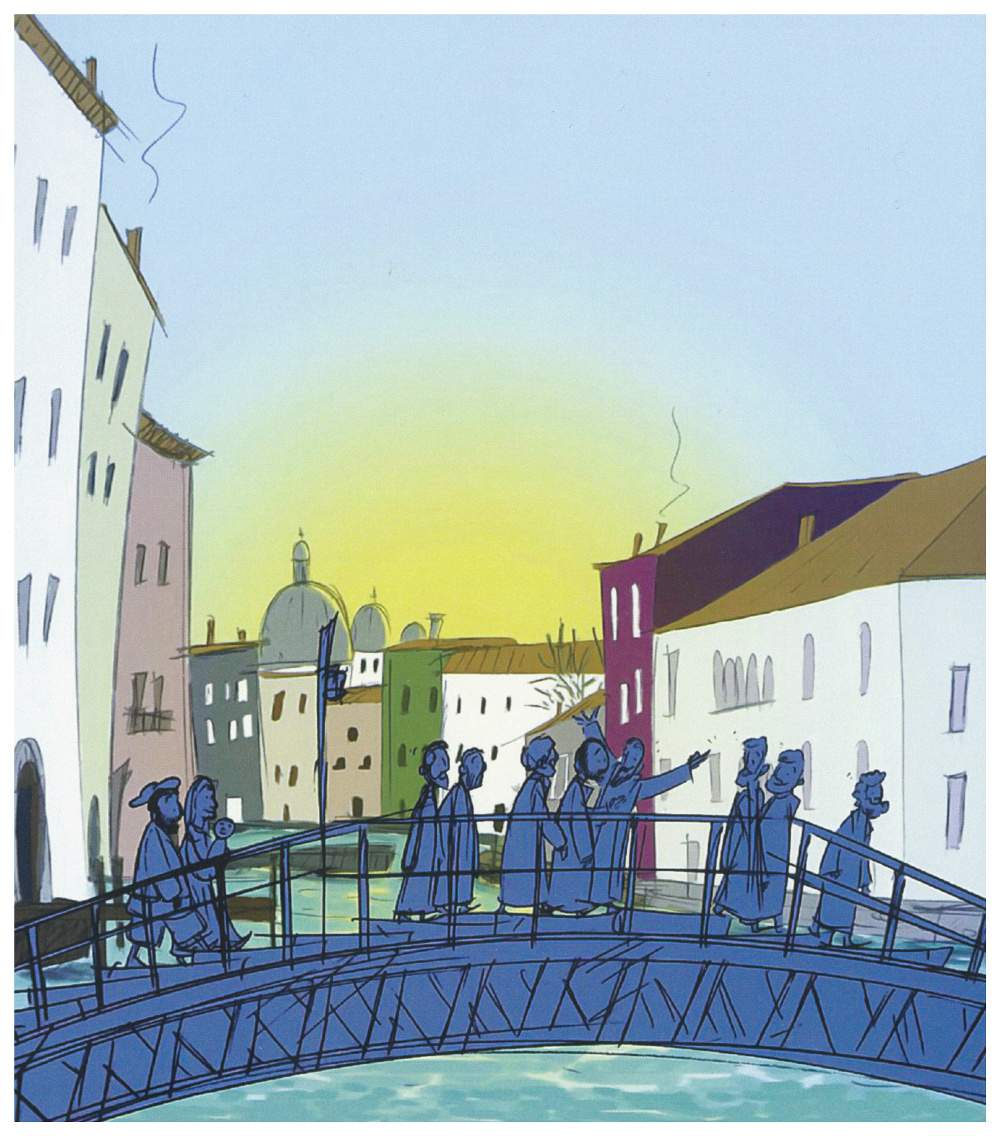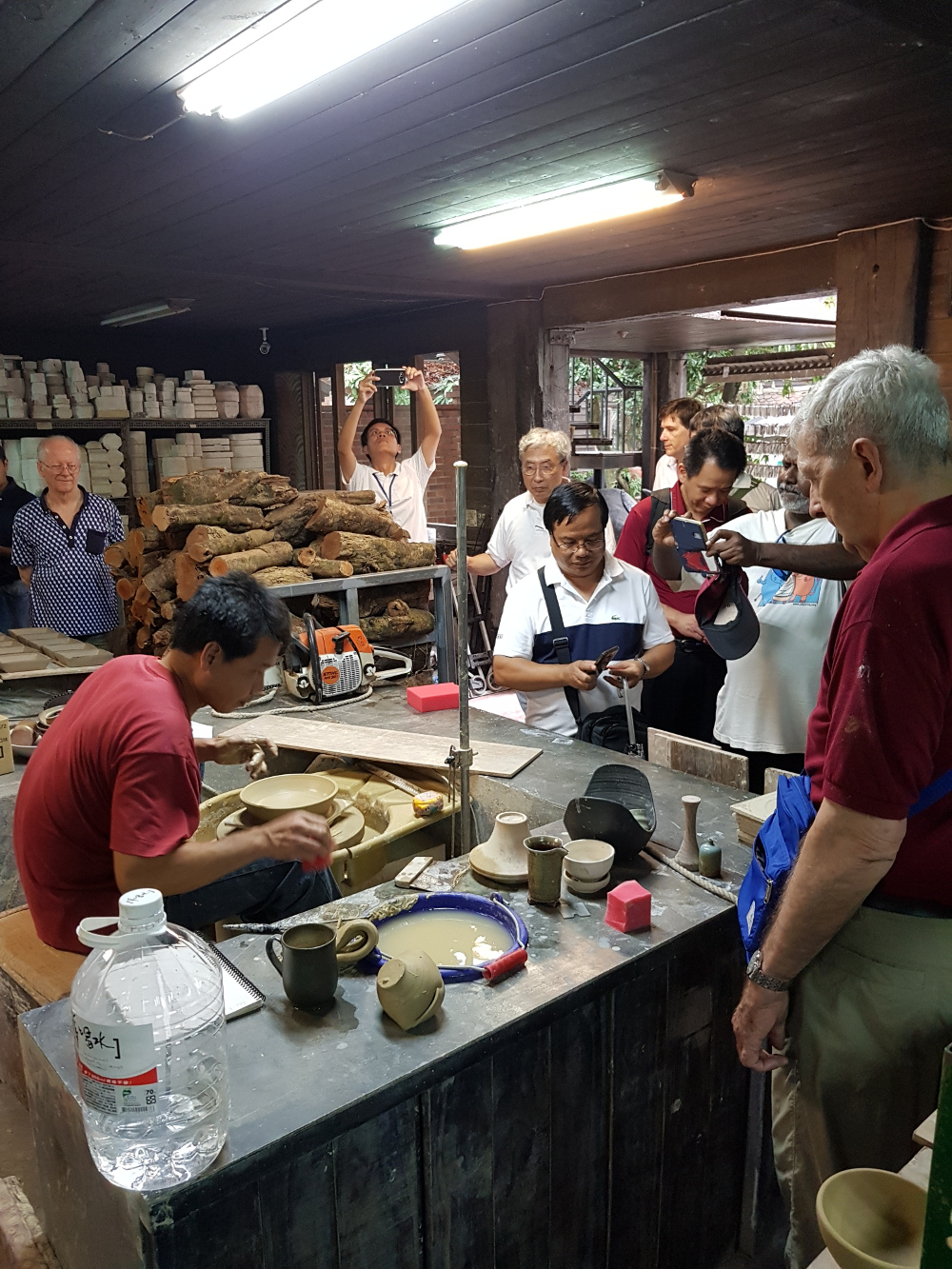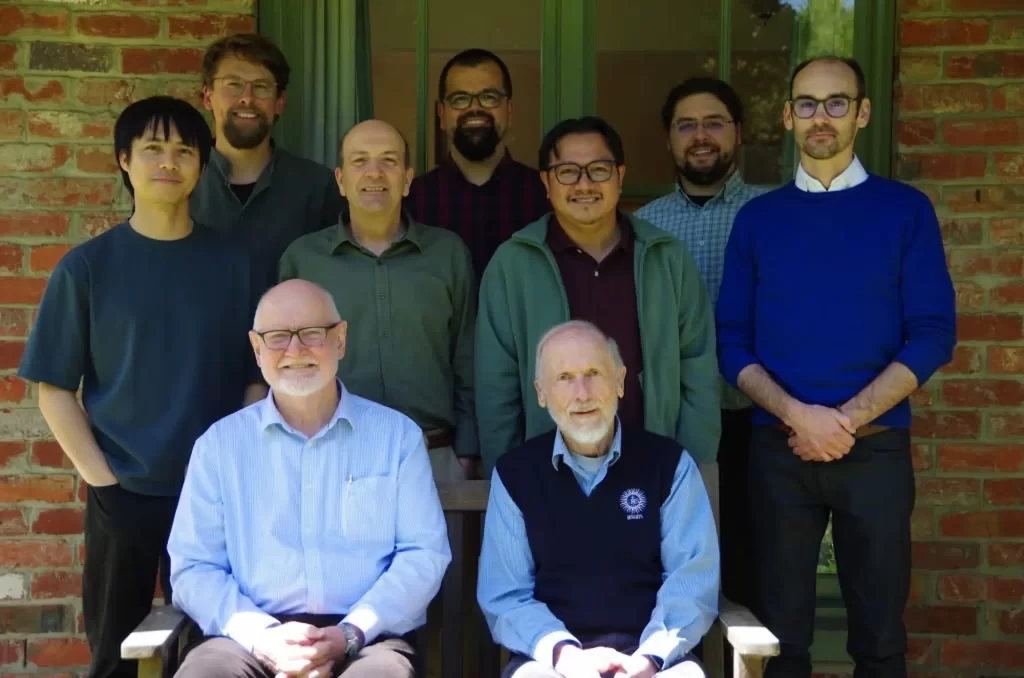
The guidelines for the local superior explain that love – both fraternal and humble – is the distinguishing mark of the Jesuit superior. This is a high standard. So how are Jesuit superiors to live this out practically?
From October 7 to 14, Jesuits from 12 regions and provinces of the Jesuit Conference of Asia Pacific (JCAP) gathered at Manresa Spirituality Centre in Taiwan to discuss how to serve as local superiors. Under the guidance of Regional Assistant for Asia Pacific Fr Danny Huang SJ, Fr Roger Champoux SJ and JCAP Formation Delegate Fr Riyo Mursanto SJ, the 25 participants examined the challenges and blessings of this important role.
Each of them was able to share about the lights and shadows of community life in his place of mission. As the days unfolded, the topics explored specific ways superiors are to care for persons, community and mission. How does a superior care for those sheep in greatest need? How can he foster a habit of spiritual conversation in community? How can he assist Jesuits and collaborators to discern in common? How can he take better care of himself? What is the difference between work and mission? What helps Jesuits shift from overwork to a more balanced life? Can anything good come from stress?
To answer these questions, the participants revisited documents from General Congregation 36 and Fr General Arturo Sosa, as well as some classic texts as pre-reading materials for the various sessions. Fr Elton Fernandes SJ, Superior and Director of the Taipei Ignatian Spirituality Center, shared, “GC 36 Decree 1 encourages superiors to create space in community for members to interact and share more deeply. Such interaction will lead to greater joy, forgiveness and a common seeking of God’s will.”
During the discussion, another participant pointed out that the invitation to discernment in common is not only something Fr General has encouraged, but more profoundly, may be a sign or call of our times.
To complement these more universal topics, the participants had an opportunity to discover their personal leaderships styles and recognise places to grow. They also looked at Jesus’ leadership style.
During the small group sharing, they used the three-round format of spiritual conversation used at GC 36. These small groups allowed participants to share deeply and honestly. Within a few days, the participants had formed a community.
“We were sharing from the heart, celebrating Eucharist, making jokes, serving each other at meals and forming new friendships,” said Fr Fernandes. He stressed how the workshop discussed the special way of life the First Companions experienced in Venice. “God allowed us to get a small taste of that Venetian joy and spiritual conversation in Taiwan,” he said.
On October 12, the participants put aside their laptops and hopped on a bus. Chinese Provincial Fr John Lee Hua SJ and Manresa Spirituality Center Director Fr John Wu Po-jen SJ took them to the historic Snake Kiln in Central Taiwan. While exploring the grounds, they discovered a potter, sitting silently, skilfully crafting a bowl from formless clay.
“It was a fitting image of Christ’s work on us during the workshop,” said Fr Fernandes. “The clay does not need to be perfect, what is more important is that it is in good hands.” Later that afternoon, the participants took time to relax on a boat at Sun Moon Lake.
On the final day, the participants formed a plenary circle and practised a kind of Examen in common. Various observations were articulated, experiences recalled and images described. Perhaps the word most commonly heard was ‘gratitude’—for all that was and for what lies ahead. As one participant remarked during the workshop: for a community to flourish, it needs both a memory of the past and a dream for the future. The Jesuit superior is called by Christ to foster both.








